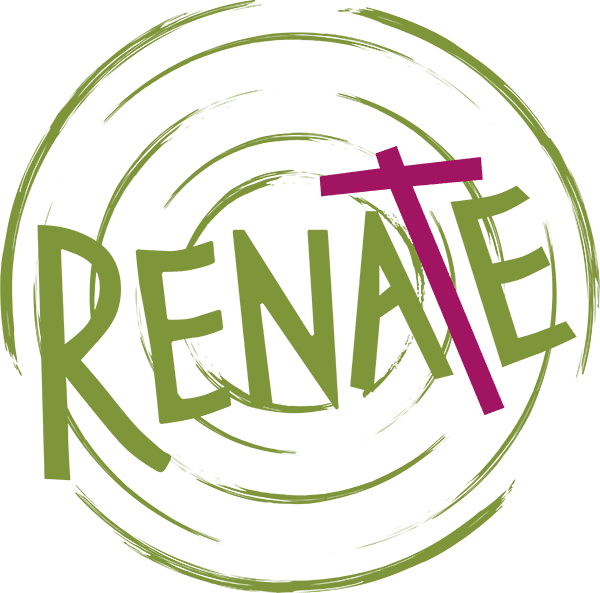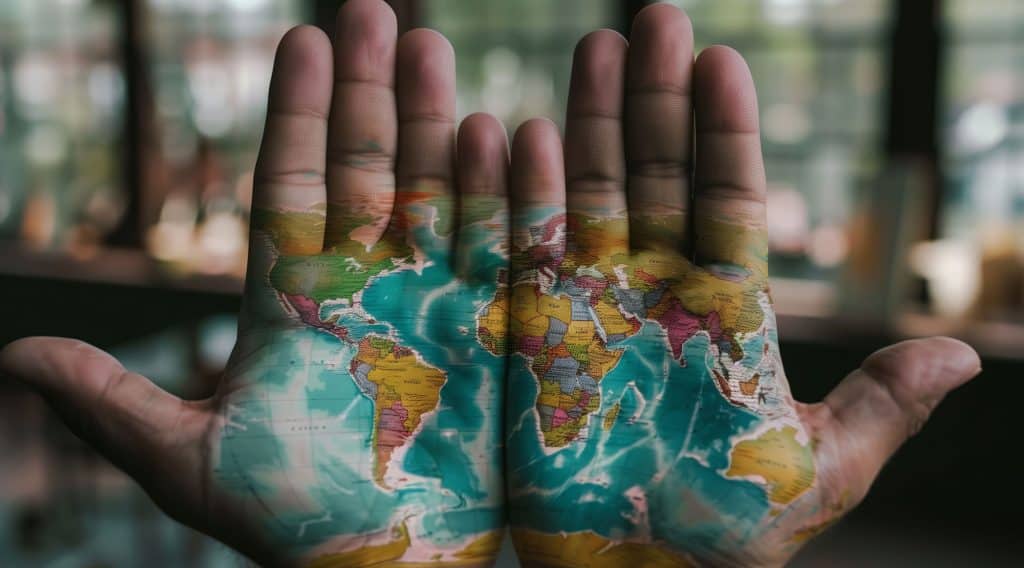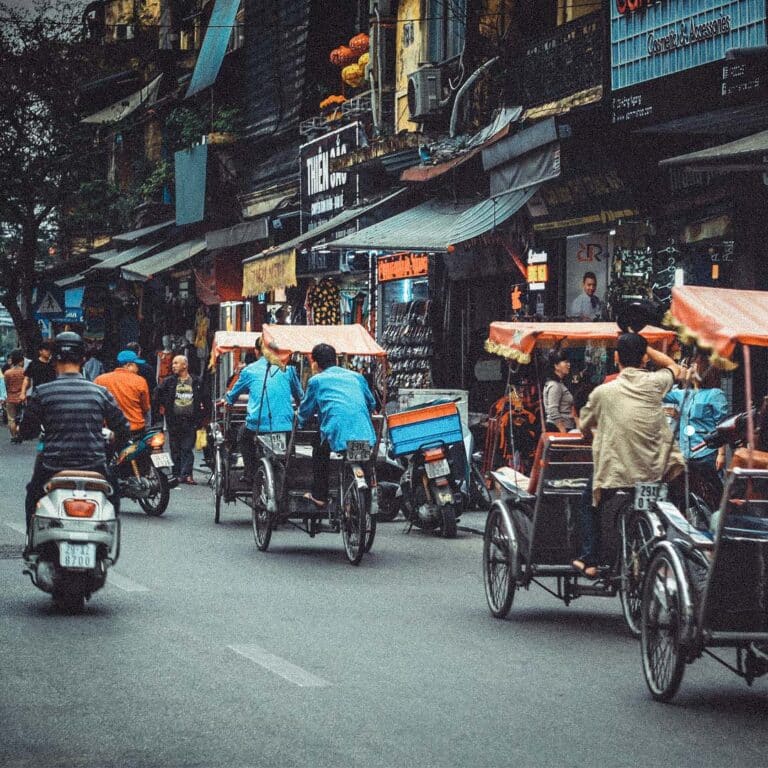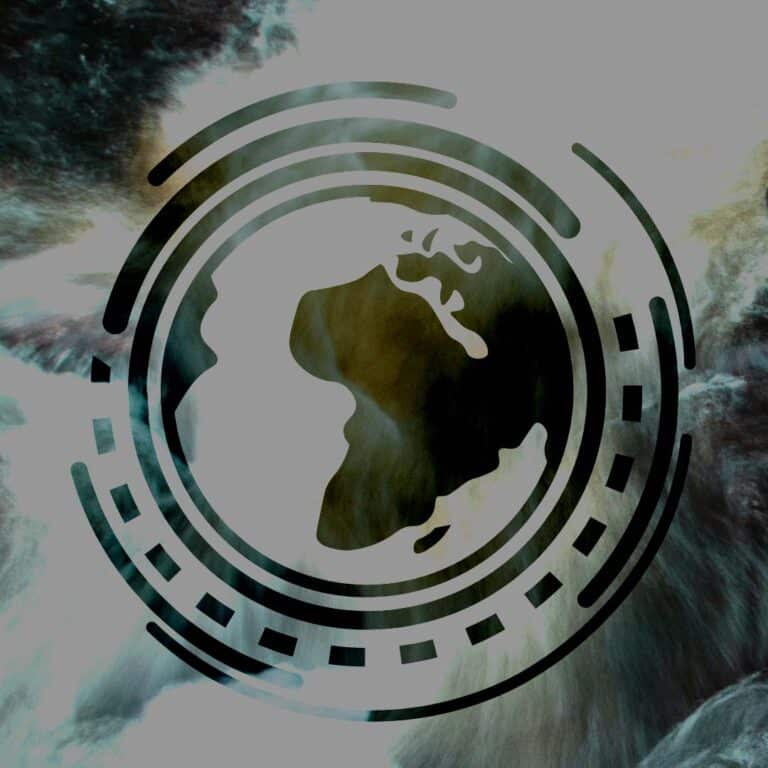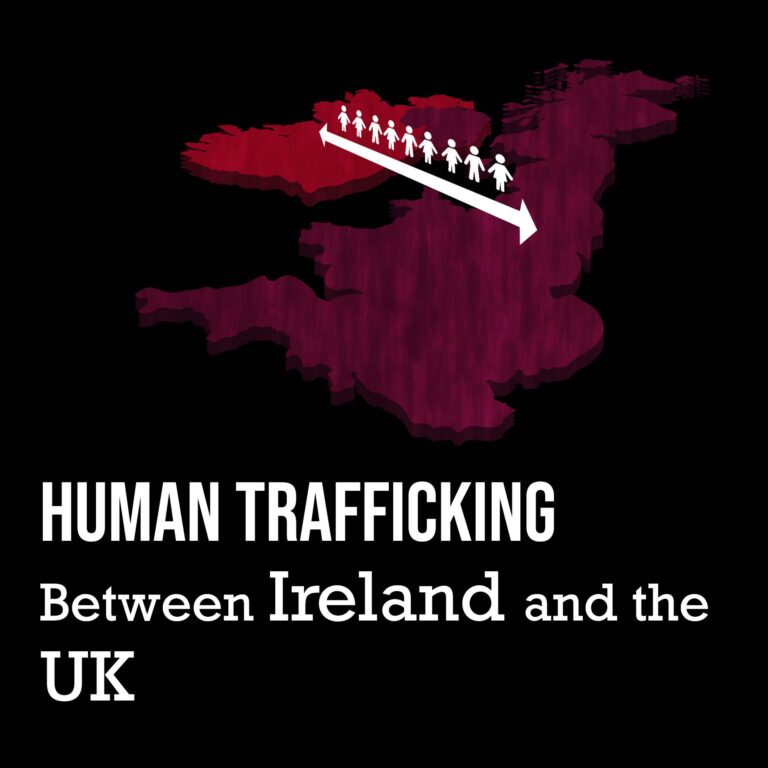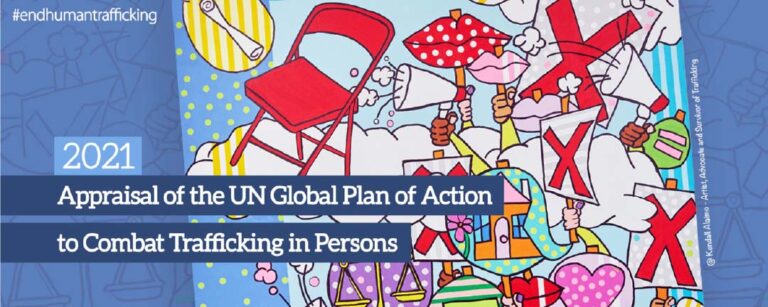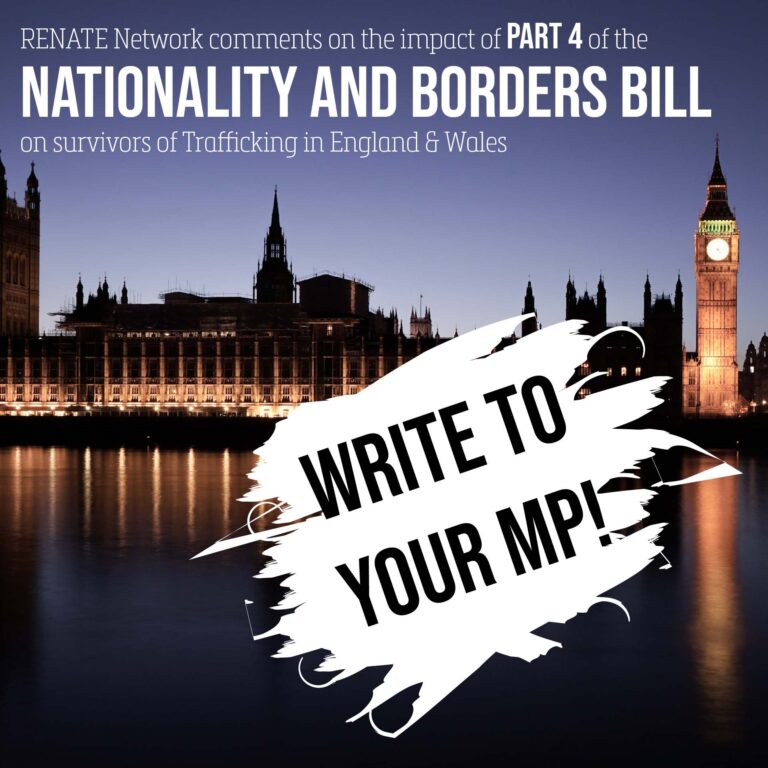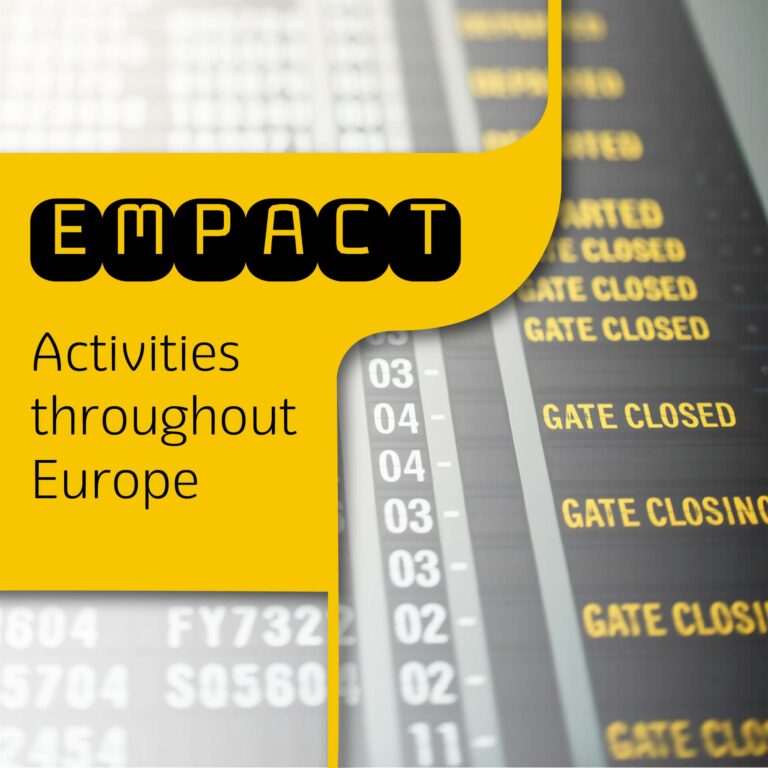
News from One of our Member Organisations: Medaille Trust in the UK
It was a great encouragement to receive the latest newsletter from Garry Smith and his team at the Medaille Trust. It is wonderful to hear about the work that is taking place in the safe houses and community outreach for victims of modern slavery and human trafficking.

